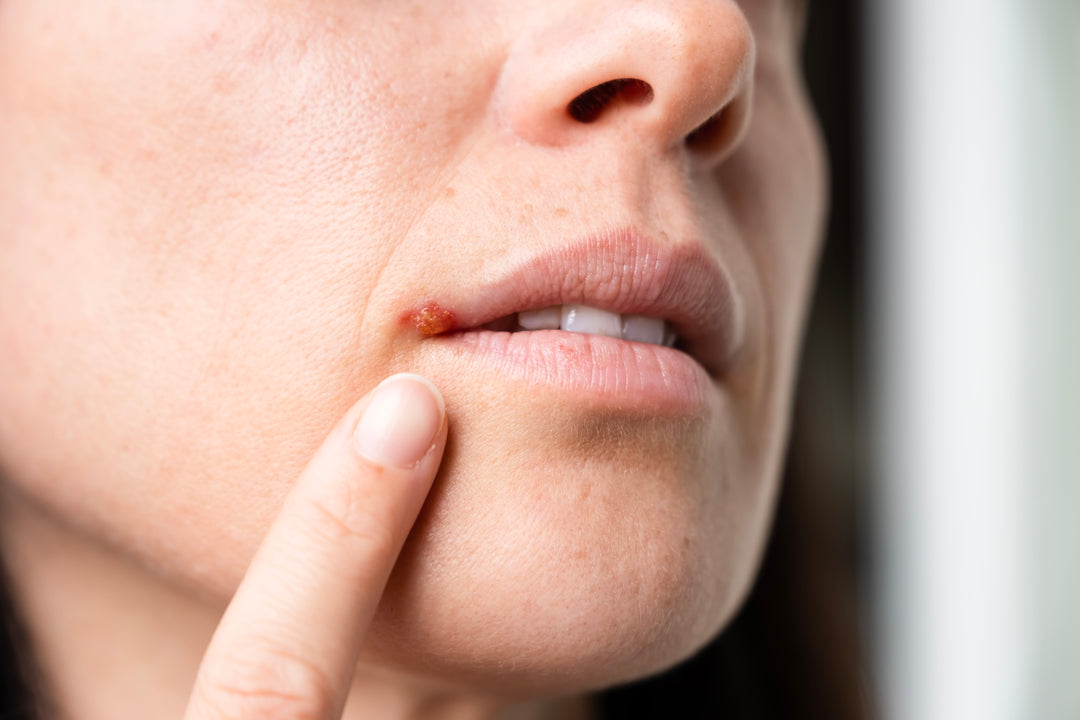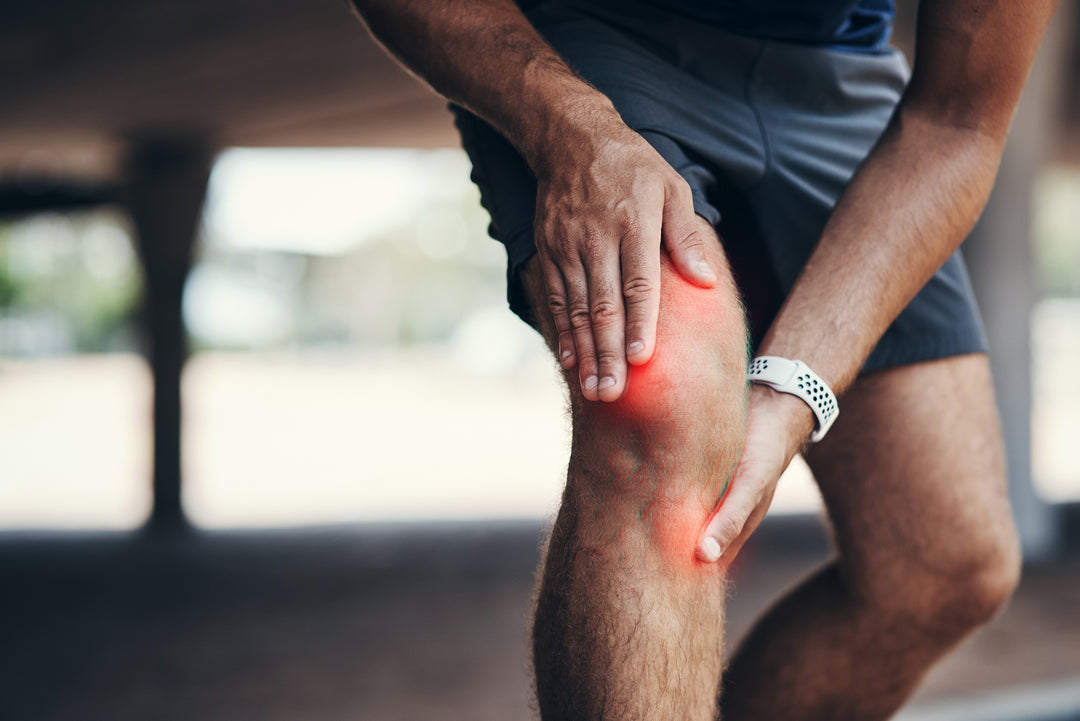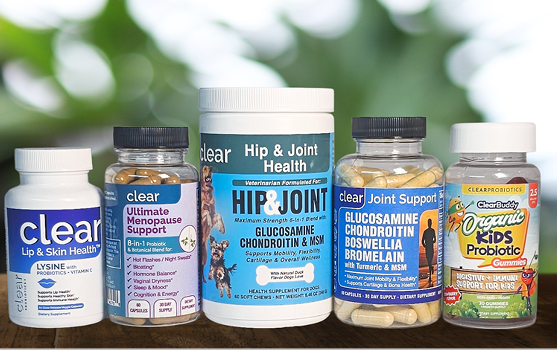Why the Immune System is Important for Good Skin
Healthy Skin, Your Immune System, and You Gut Biome: All Connected
Every day, our skin encounters a barrage of toxins, pathogens, and stressors. Apart from being the largest organ in the body, it is an active immune barrier, functioning as the first line of defense for our body to fight off foreign intruders.
Our skin is a key component of our innate immune system. This refers to non-specific (physical, chemical, and cellular) defensive strategies employed by our body to fight off foreign invaders, aimed at preventing their proliferation. When our immune system is weakened, our skin health can suffer in turn, leading to prolonged inflammation and lengthened wound healing times.
Skin Immunity and the Role of Inflammation
While inflammation tends to have a bad reputation, it is actually a critical mechanism employed by our body to ward off pathogens and prevent infection. Our skin contains a host of immune cells that exist in constant communication with the microorganisms that live in and on our bodies. When triggered by an infection, these immune cells act harmoniously to initiate inflammatory responses and prime our adaptive immune system.[1]
In contrast to our innate immunity, our adaptive immune response is long-lasting and highly specific to the intruder in question. Once harmful antigens have been identified in an inflammatory response, immune cells can rush to the area to isolate and eliminate them. During this time, certain immune cells will also produce antibodies that will identify any future invader of the same type to prevent reinfection.
In addition, the beneficial microorganisms that reside on the skin, collectively known as the skin microbiota, can interact with our immune cells, mediate inflammatory responses, and help prohibit the proliferation of bacteria that can result in infection.
However, problems arise when the immune response is dysregulated and hyperactive. This means its defensive assault may be directed at healthy tissues, causing intense, prolonged inflammation and, ultimately, skin damage. This can result in skin hypersensitivity or, in severe cases, chronic inflammatory skin disorders such as eczema and psoriasis. In addition, this unbalanced state can lead to pathogenic bacteria outnumbering the beneficial microorganisms on the skin, creating higher susceptibility to infection. While this is still an emerging area of research, correcting the diversity of microbes on the skin may help in thwarting off inflammatory skin disease.
The Immune System Orchestrates Skin Healing
The skin's ability to regenerate and heal is regulated by complex immune processes. Immune cells intimately interact with skin cells to maintain tissue health.
The first phase of wound healing involves the formation of a temporary protective barrier formed from aggregated blood platelets, known commonly as a scab. These blood platelets secrete factors that recruit immune cells such as neutrophils and macrophages to the site of the wound. These are white blood cells that clean up cellular debris and engulf bacteria in the wound. Macrophages further coordinate the wound healing process, promoting the construction of new tissue.[1]
Inflammation plays an important role in this process by dilating the blood vessels, allowing nutrients and the white blood cells to efficiently make their way to the site of the wound. Prolonged inflammation may result in inefficient wound healing, as it delays the skin reconstruction phase and prevents wound closure. Prolonged inflammation may be the result of harmful bacteria taking residence within the unhealed wound, proliferating and preventing the development of new tissues and blood vessels.
Fortunately, well-coordinated cross-talk between skin cells and the immune system helps to minimize bacterial invasion and promote wound healing. Continuously-replenishing skin cells in the outer layer of the skin called keratinocytes produce antimicrobial peptides that can kill bacteria directly. They can also produce inflammatory mediators that will send in a wave of immune cells to kill the pathogenic bacteria and aid in wound healing.[2]
Conclusion
Our immune system plays an integral role in maintaining the barrier function of the skin. It protects us from invading pathogens by bolstering an inflammatory response and, more broadly, aiding in wound healing. However, the immune response can become dysregulated and be triggered by our own cells or otherwise harmless allergens. This can result in inflammatory autoimmune conditions and allergies, respectively.
Research is increasingly linking a well-functioning immune system to the community of beneficial microbes that reside on our skin. Apart from fighting off pathogenic bacteria, our skin microbiota educates and tightly regulates our immune response. It may be that healthy, vibrant skin is closely related to their proper diversity, which can be supported through a healthy, high-fiber diet and strategic probiotic supplementation.
References
- Nguyen, A. V., & Soulika, A. M. (2019). The Dynamics of the Skin's Immune System. International journal of molecular sciences, 20(8), 1811.
- Richmond, J. M., & Harris, J. E. (2014). Immunology and skin in health and disease. Cold Spring Harbor perspectives in medicine, 4(12), a015339.








